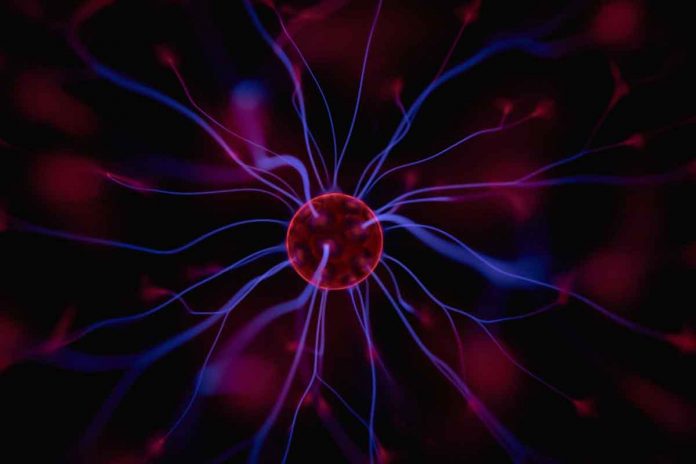Scientists have proposed the existence of a new type of neutron star. The study was published in the journal Physical Review Letters. Scientists suggested that an exotic type of neutron star could be created if there is an ultra-strong magnetic field created during a collision between neutron stars.
Previous research has suggested that neutron stars form when a star collapses under its own gravity. The remnant neutron star is smaller and has a high density. Other studies have suggested that if two neutron stars collide, they would create a single object with a mass which is greater than the Tolman–Oppenheimer–Volkoff limit.
It would therefore collapse into a black hole. The limit only applies to neutron stars that cease rotating due to the collision. Previous research suggested that if the new star does spin, it could exist for a while before collapsing to a black hole. Scientists suggest that a star that is not spinning could still persist for a period of time under unique circumstances.
Scientists suggest that that if a sufficiently strong magnetic field is generated as the two stars collide, it could stave off the descension of the single mass into a black hole. They suggest the lifetime of such a star would depend on a host of factors. This includes the strength of the magnetic fields of both neutron stars prior to the collision.
The research also suggested that if such a neutron star came to exist, it would have a unique signature. It would consist quick bursts of gamma rays and then X-rays during its initial stage. Then quick blasts of radio waves when its gravity field was fading to the point that it begins collapsing into a black hole. Scientists further said that detecting such signals should be possible with existing equipment. It could be done in tandem with searches for gravitational waves from neutron stars.

